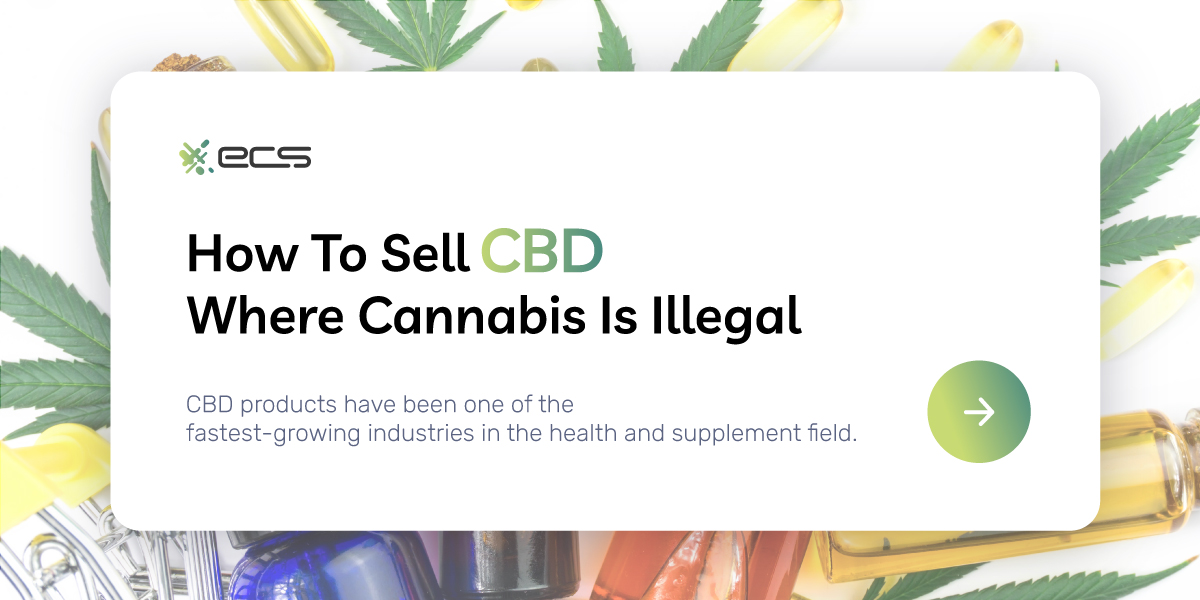If you’ve navigated yourself to this article, chances are you are researching how to sell
CBD products have been one of the fastest-growing industries in the health and supplement field. As experienced entrepreneurs know, entering a fast-growing industry at the beginning can dramatically increase your chances of success when starting a new business.
This is why CBD sales have attracted entrepreneurs from around the country looking to start an innovative new business that is profitable but also helps people.
Unfortunately, laws and regulations around CBD, and especially cannabis, can be very confusing. Different states all have their own laws and regulations. Often, there are different laws for cannabis and CBD products. Even different laws apply depending on the type of CBD production.
It can all seem overwhelming, but with some research, new business owners can navigate these regulations and sell CBD legally in almost every state, even if cannabis is still illegal there.
Below, we’ll explain what you need to start selling CBD products and what to be aware of in several states where cannabis is still illegal.
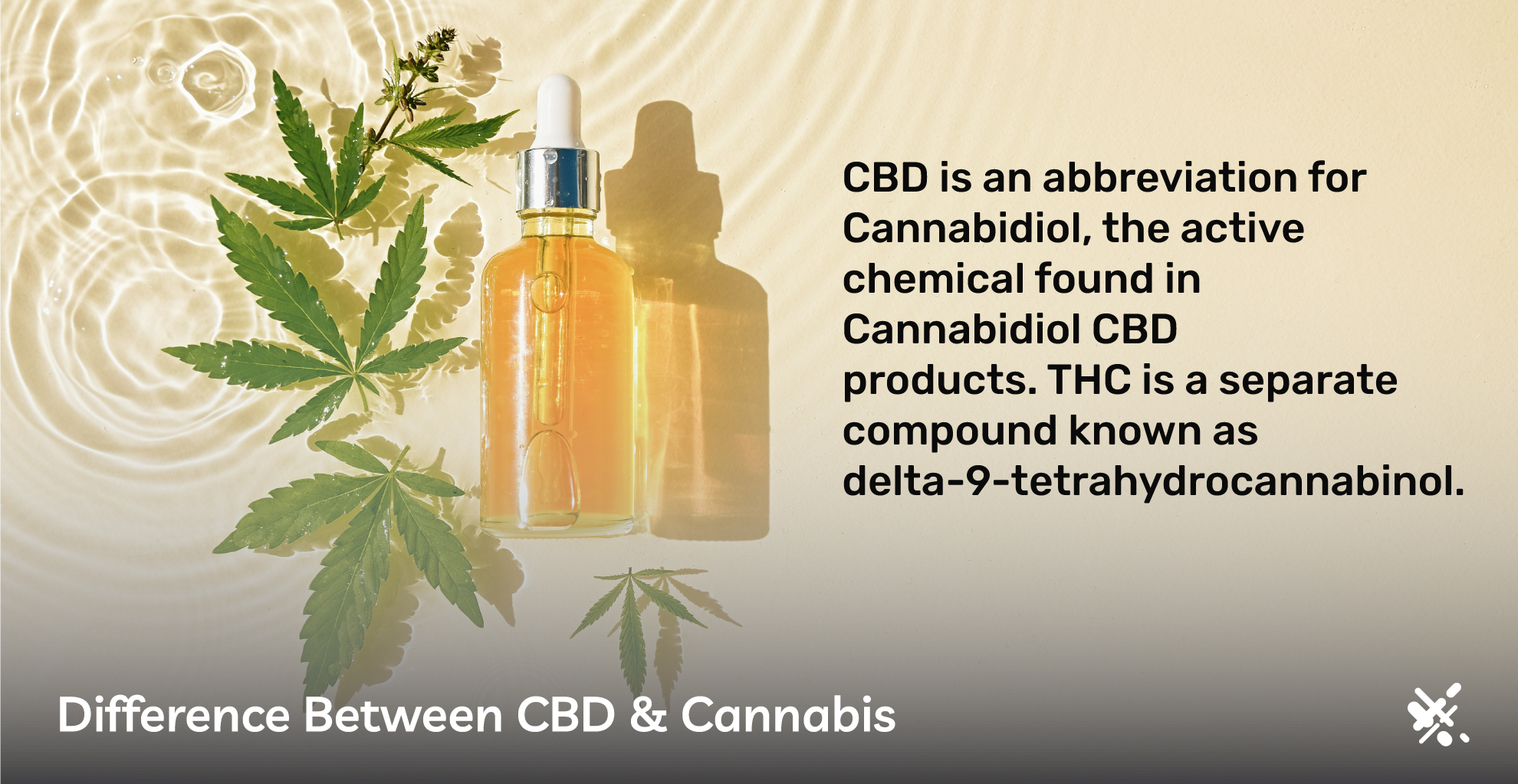
Difference Between CBD And Cannabis
First, it’s essential to understand that CBD products and cannabis/marijuana are separate products, each with its own regulations. While both can have medical applications for various ailments with few side effects, CBD is less regulated in most states as long it meets specific criteria.
CBD is an abbreviation for Cannabidiol, the active chemical found in Cannabidiol CBD products. THC is a separate compound known as delta-9-tetrahydrocannabinol.
The most crucial distinction between these two compounds is the difference in psychoactive effects. THC is well-known for its psychoactive effects, or “high.” CBD products, on the other hand, generally have no psychoactive effects, or if they do, are very mild compared to THC and generally only provide a sedative or calming-like effect.
For this reason, THC is much more regulated than CBD. Also, CBD must not contain more than a certain amount of THC to be legal for purchase without a medical license.
The 2018 Farm Bill passed in the United States declares that cannabis plants with .3% or less THC content are regulated as hemp. This is an important distinction because hemp-based products are less regulated than cannabis products.
So CBD products derived from hemp are often the easiest to sell and have the lowest regulations.
States Where CBD Is Fully Legal
The following states have fully legalized CBD products for sale and possession
- Alaska
- Washington
- Montana
- Oregon
- Nevada
- Colorado
- California
- Arizona
- Hawaii
- Illinois
- Michigan
- Virginia
- New York
- Vermont
- Massachusetts
- New Jersey
- Connecticut
- Maine
- District of Columbia
Almost all states with fully legalized CBD sales also have legalized cannabis.
Is CBD legal in California?
California is a state where both CBD and cannabis are both legal. However, there are different restrictions and guidelines for CBD and cannabis products.
Do You Need A License To Sell CBD In California?
While CBD is legal to buy without a license in California, you need a license to sell it legally and collect sales tax. The California Government introduced this regulation in 2022, and depending on the THC content, you’ll need to register either with the Department of Cannabis Control or the California Department of Public Health.
Obtaining a CBD license in California is a relatively straightforward process, similar to other general licenses or seller’s permits needed to conduct retail business in California.
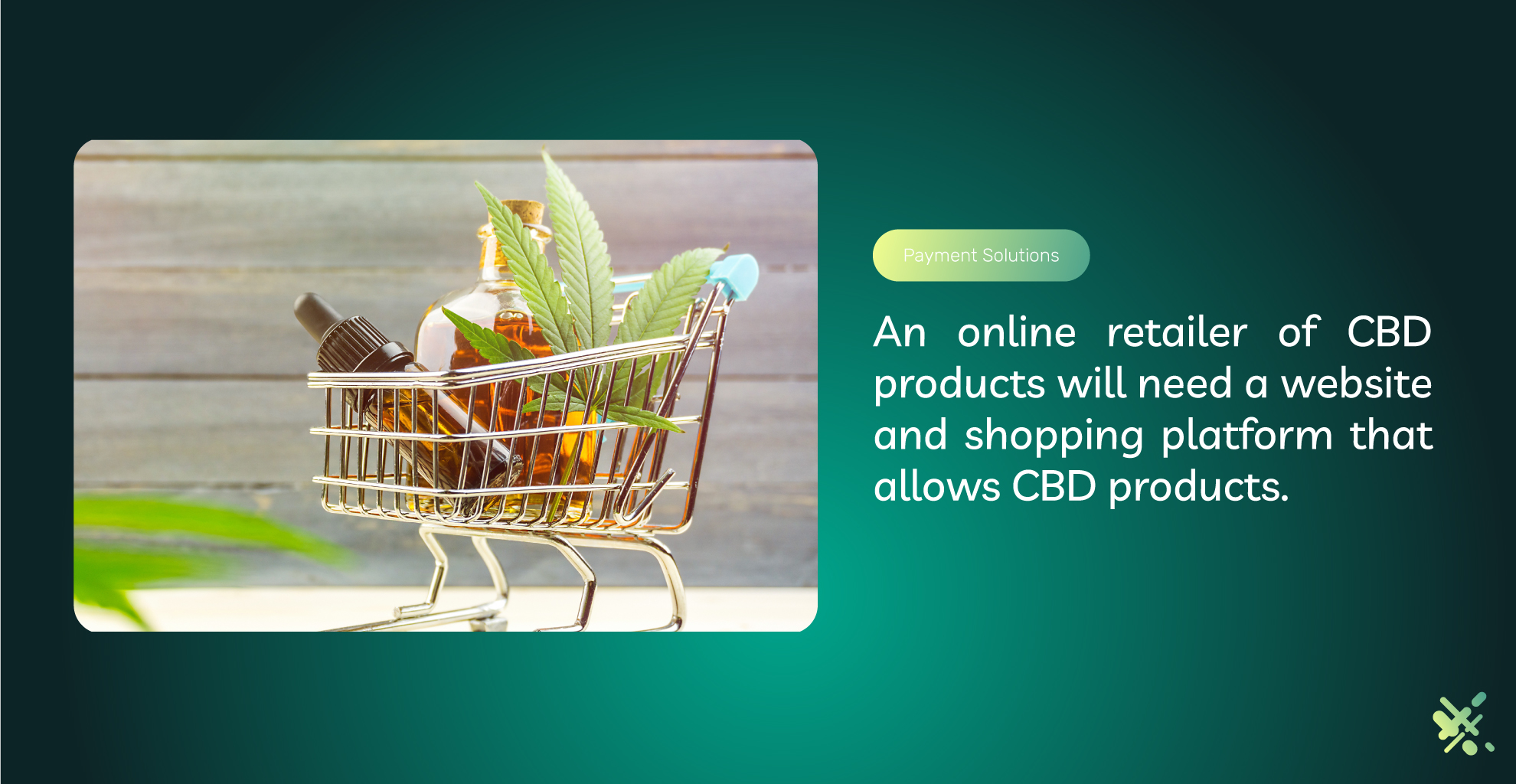
What Do I Need To Sell CBD Online In California?
An online retailer of CBD products will require the same licenses we outlined above. They will also need a website and shopping platform that allows CBD products. In a later section, we’ll go into more detail on how to set up your e-commerce CBD business.
Below, we’ll go into the details and a few examples of states where cannabis is illegal but CBD is not. We’ll also explain how to sell CBD online as well as how to sell CBD retail.
States Where Cannabis is Illegal But CBD Is Legal
What causes a lot of confusion in the industry is how cannabis can still be illegal in some states while CBD is legal there.
Below are examples of this, and they will help to describe the most common scenarios found in states where cannabis is still illegal.
Nebraska
Nebraska is an excellent example of a state where cannabis is illegal. Yet, CBD sales are growing, and you can find the products almost everywhere around the state.
In Nebraska, govenmental regulations has primarily decriminalized cannabis when it comes to small amounts. Nevertheless, it is still illegal. There are no legal stores selling cannabis as there are in legal states such as California or Nevada.
However, CBD sales are allowed as long as they follow a few guidelines set up by the state.
First, all CBD products must have .3% or less THC to be sold legally in Nebraska. Since this is the limit set by the 2018 Farm Bill federally, most states use this threshold of .3% THC.
By default, most of these products must be derived from hemp to make the .3% limit. The law also stipulates that all legal CBD products must be hemp-derived, even if the total THC is .3% or less.
You do not need a license to sell these legal CBD products in Nebraska. But for producers of hemp-derived CBD products, the growing, processing, handling, and/or brokering of hemp does require a license from the Nebraska Department of Agriculture.
Kansas
Kansas is another example where cannabis products are still not legal. But you can still buy and sell CBD products in Kansas by following a few regulations.
Most importantly, CBD products sold in Kansas must contain no traces of THC. So unlike other states, which generally use the threshold of .3% THC, Kansas goes further and outlaws any THC content in the final CBD product.
Of course, this limits the type of CBD products that merchants can sell. But there are CBD products on the market that contain no THC, and yes, stores across Kansas have them.
Some states allow patients and doctors to work around these limits by allowing medical prescriptions for CBD products with some THC concentration. But in Kansas, this is not permitted, and doctors and patients cannot legally access CBD products containing THC in any amount.
In this way, Kansas is a bit of an outlier regarding CBD sales. However, it’s also essential to notice that even with heavy restrictions, the sale of CBD is still possible. Businesses can be successful in selling CBD products in these states.
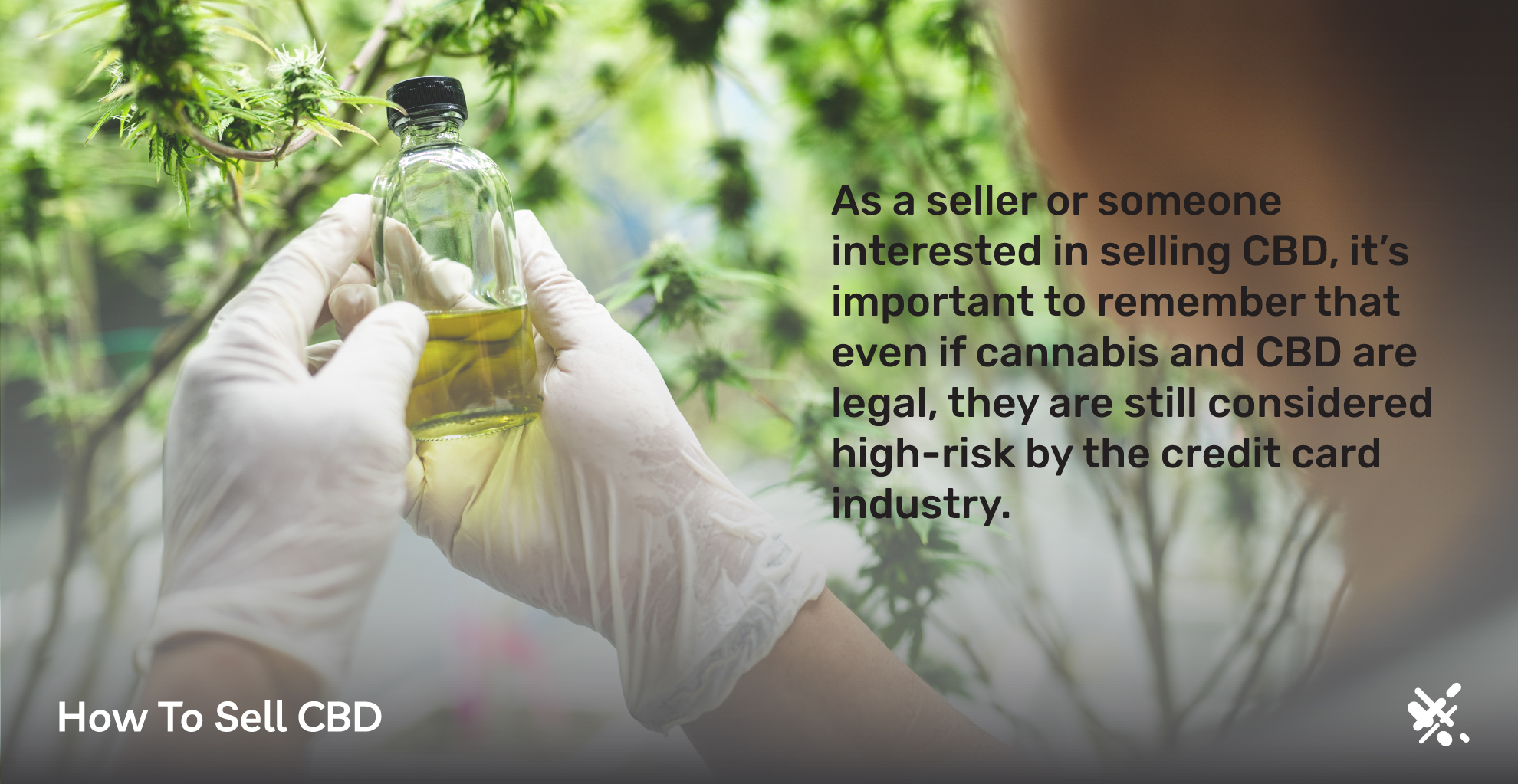
Wisconsin
Wisconsin is another unique state where cannabis is still illegal. However, lawmakers are currently putting forth bills in the state to legalize cannabis for specific uses.
But CBD can still be sold, used, and possessed in the state as long as mrchants follow specific guidelines.
Wisconsin does require a state license to sell CBD products. It is a relatively easy license to obtain, and almost any business can qualify. So although licensing is involved in selling CBD, it is flexible and similar to a generic business license. It is important to note that many other states do not require specific CBD licenses to sell products.
Similar to other states, all CBD products sold in Wisconsin must be derived from industrial hemp, and the final product must contain less than .3% THC.
This includes all types of CBD products, including CBD oil or resins, topical treatments, and even smokable items.
Ohio
In Ohio, there are similar regulations to the other states we’ve listed, except for medical usage of CBD products.
Ohio shares the same regulation of not allowing over .3% THC. All CBD products must also be hemp-derived. No marijuana-derived CBD is allowed except with a medical prescription.
Suppose doctors in Ohio have undergone additional training and have been certified in the prescription of cannabis-based CBD. In that case, they can prescribe it to their patients. Those patients can then buy CBD products with higher levels of THC than what is available without a prescription. These higher forms of CBD are considered marijuana products under Ohio law. Therefore a medical marijuana card is required for purchase.
Only licensed dispensaries can sell these products.
We chose the examples above because these situations are the most common in other states with conflicting cannabis and CBD laws.
Generally, you’ll find CBD is allowed in those states as well. They need to have lower than .3% THC, or in some cases, zero THC. Most states don’t require any license to sell CBD products, although some, like Wisconsin, do.
However, you will need a license for processing, growing, or cultivating CBD or hemp in almost every state, even where cannabis is legal.
As a seller or someone interested in selling CBD, it’s important to remember that even if cannabis and CBD are legal, they are still considered high-risk by the credit card industry.
So, you will need a high-risk merchant regardless of the laws in your state or country. The risk rating is based on returns and fraud, not the product’s legality.
So regardless of where you set up your business, you’ll always need a high-risk merchant account to sell the product online or locally.
What You Need To Start A CBD Business
Regardless of the state you choose to do business in, selling CBD products will require a few essential elements that apply to all areas of the country.
Below, we’ll go over these areas so you can start planning your online CBD business or retail business.
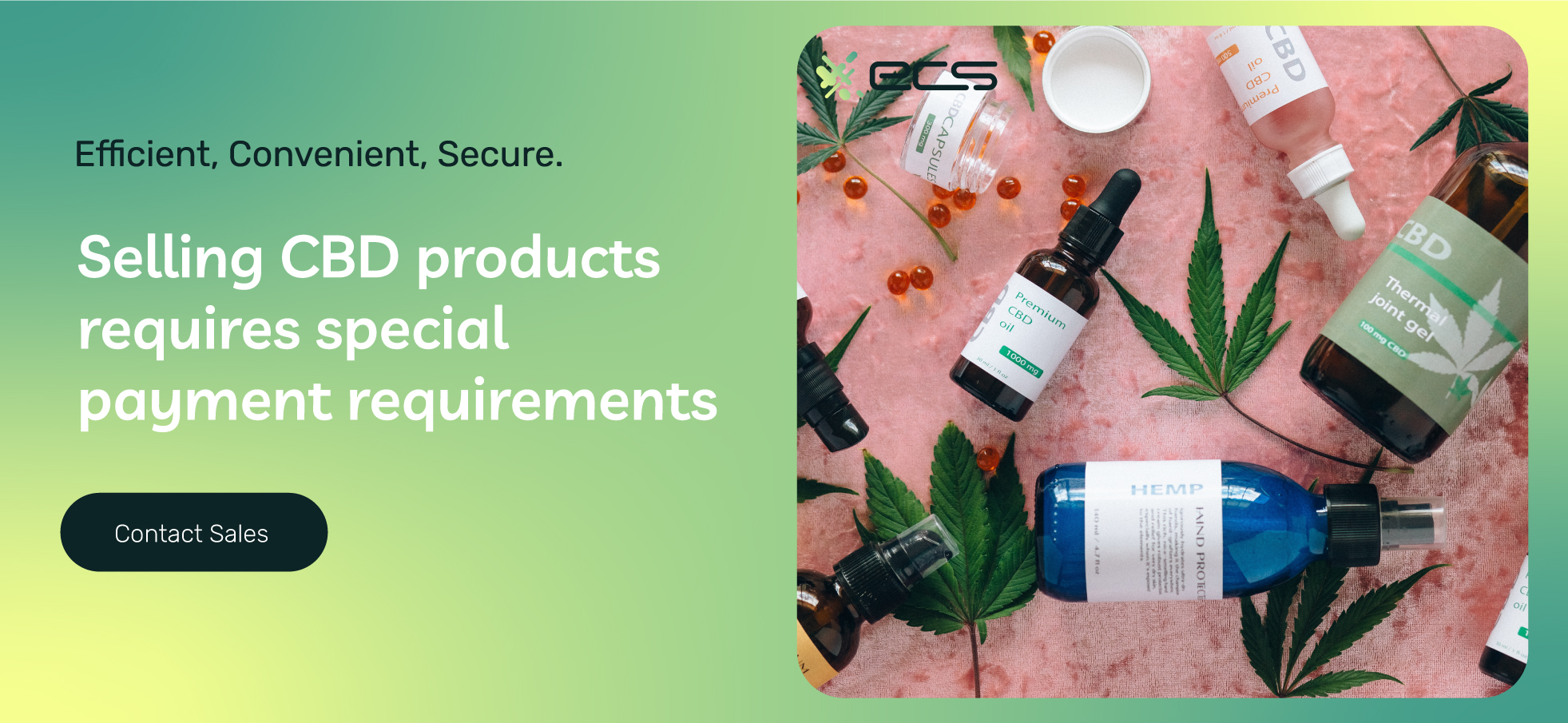
Sell CBD Online or Retail
To begin, you’ll want to decide if you wish to start a retail CBD business, an e-commerce business, or a hybrid of both.
Most retail locations will also offer an online sales component. Online sales can increase available market to help improve sales. Having online sales also adds convenience for local shoppers who prefer to browse the store’s products, leave CBD reviews, or order them for in-store pickup, which is a popular option.
Payment Processing For CBD
Of course, if you run a CBD business, you’ll need to accept payments, and this is often an area that most new business owners in the CBD market overlook.
Selling CBD products requires special payment requirements. You need a high-risk merchant account to accept credit card payments or other forms of electronic payments for CBD products.
A merchant account allows businesses to accept and process credit cards for payments. However, a particular category of merchant accounts, known as high-risk accounts, is required for selling CBD products.
The credit card and payment industry has deemed certain products or services high-risk. That means these products tend to have higher chargeback ratios or fraud associated with them. Making them riskier and more costly to process.
The risk and cost is why there are no CBD products on Amazon. They don’t sell high-risk products or process high-risk transactions.
Finding A High-Risk Payment Processor
You need to work with a high-risk payment processor when looking for a high-risk merchant account. A company like ECS Payments specializes in high-risk transactions, specifically CBD products, and sales.
ECS Payment can set up your high-risk merchant account quickly and easily; this means you can start accepting payments faster.
It’s important to note that if you try to sell CBD products with a standard or low-risk merchant account, it is considered fraud by the major credit card companies. Once they detect this, your account will be closed with possibly frozen funds. You’ll also have a tough time opening a new merchant account in the future for any business.
But it’s easy to avoid these pitfalls by working with a trusted high-risk payment processor like ECS Payments, which works with the CBD industry nationwide.
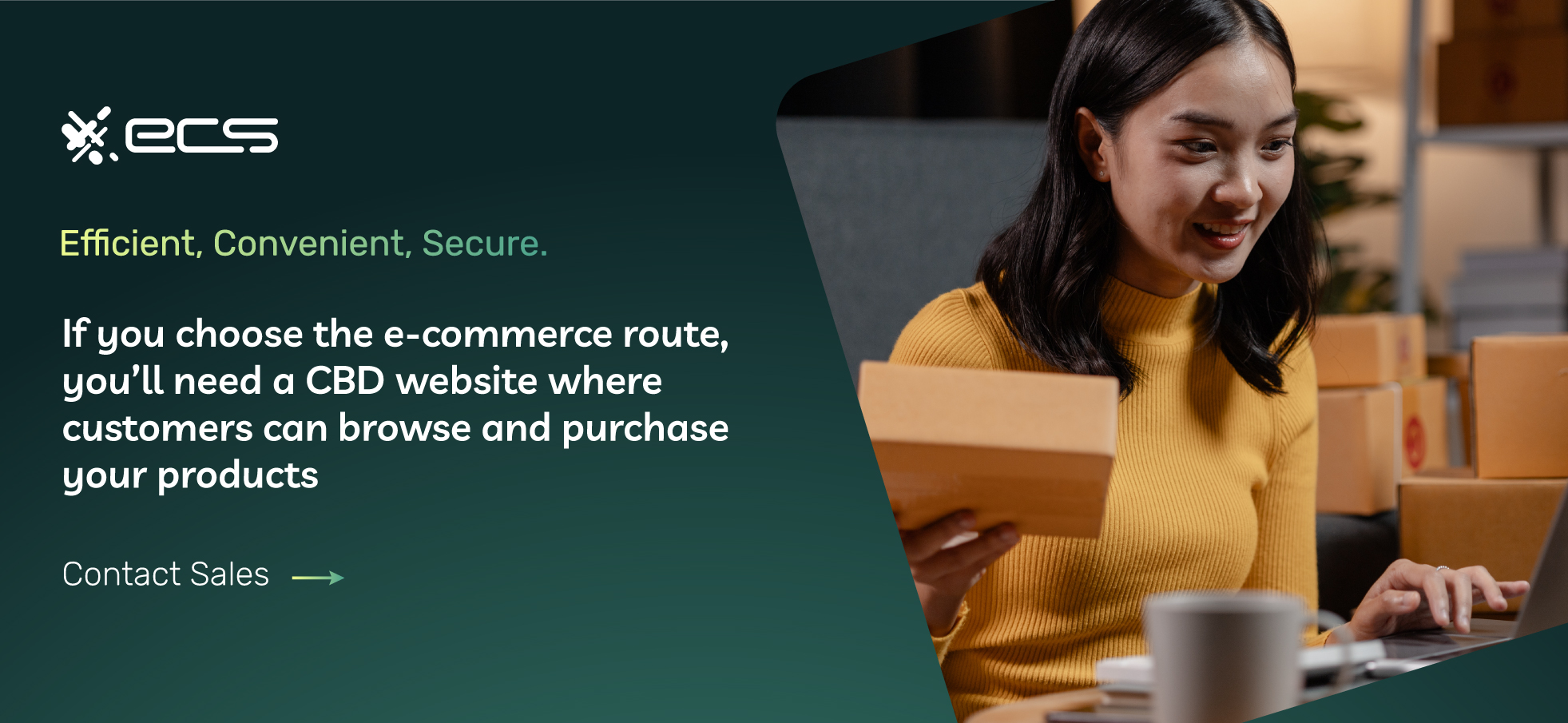

How To Set Up a CBD or Cannabis Business Website
If you choose the e-commerce route, you’ll need a CBD website where customers can browse and purchase your products.
Most new CBD sellers choose to use a shopping platform. These sites like Shopify or WooCommerce can either be hosted on their servers or, in the case of WooCommerce, can be hosted on your own servers.
Similar to payment processing, shopping platforms have their own restrictions on CBD products. For example, you can sell these on Shopify, but you’ll need your own high-risk merchant account to take payments, such as one offered by ECS Payments.
WooCommerce, on the other hand, will have to be hosted on your servers and by a web host which allows CBD sales. Most web hosts like GoDaddy and others allow CBD websites to be hosted, but always check before signing up with your chosen host.
Many of these shopping platforms have their own payment gateways and merchant accounts that they offer. But these do not allow CBD sales, so you won’t be able to use them for payments even though you can use the platform to host the products and website.
But it’s straightforward to integrate your high-risk merchant account with any website or popular shopping platform.
Integrating Payment Processing For CBD Website
This requires that you link your shopping cart software with your payment gateway, which your payment processor provides.
You can obtain your gateway’s API (application programming interface) credentials by logging into your payment gateway dashboard. It may sound complicated, but it’s essentially just a user ID and password.
You then go to your shopping cart software program and enter this information into the payment gateway section. For most shopping platforms like Shopify, you can easily find this under your account setting and payment details tab.
You can immediately begin processing credit cards once you enter the API credentials into your shopping cart software.
In some cases, you can also use a hosted payment page, which means your payment gateway hosts your checkout page. In these cases, there is no need to integrate your payment gateway’s API with your website, as described above.
High-Risk Processing For CBD Stores
If you’re looking to start a retail CBD or e-commerce store, you have options in almost every state, even when cannabis itself is still outlawed.
But every CBD business needs a reliable CBD payment processor. ECS Payments specializes in high-risk products like CBD, and we can help you secure a merchant account with all the tools necessary to sell in-person or online.
We also have in-house technical experts to help you with every step. Contact ECS Payments to learn more about CDB payment processing and how we can help your business take advantage of the exciting new CBD industry.
Frequently Asked Questions About How to Sell CBD
While both CBD and cannabis are both derived from the cannabis sativa plant, CBD is made from hemp, which is part of the plant with no more than 0.3% of tetrahydrocannabinol (THC). CBD products contain less than 0.3% THC, while marijuana from cannabis contains more than 0.3%, which causes mind-altering effects.
Each product has its own state and federal regulations, CBD being the product with less strict regulations. Each product is also used for different purposes. While both may be used to treat medical conditions or for relaxation, they are still unique in their properties.
Most, but not all, states have fully legalized CBD, including Alaska, Arizona, California, Colorado, Connecticut, the District of Columbia, Hawaii, Illinois, Massachusetts, Michigan, Montana, Nevada, New Jersey, New York, Oregon, Vermont, Virginia, and Washington.
On the other hand, possessing certain CBD products (ones with more than 0% THC) in states like Idaho, South Dakota, Utah, and Nebraska is a criminal offense.
To accept credit card payments for CBD products, you will need a high-risk merchant account and specialized payment processing due to the nature of the industry. Working with a trusted high-risk payment processor, such as ECS Payments, is essential to avoid issues with account closures and frozen funds.
To secure a high-risk merchant account for CBD payment processing, reach out to ECS payments via our contact form on www.ecspayments.com
If you have specific questions or concerns about CBD payment processing, Contact ECS Payments. Our in-house experts will be happy to assist you every step of the way.
